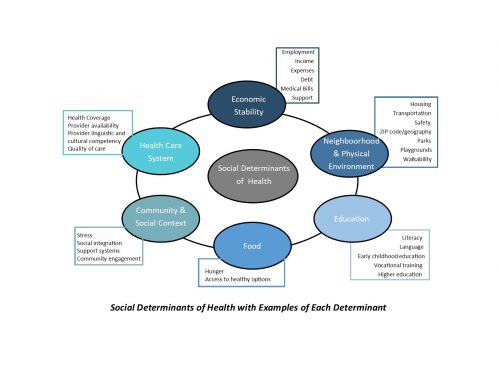I was reading an article today in the New York Times titled, “Rude Doctors, Rude Nurses, Rude Patients”. In this article they refer to a study on Rudeness and Medical Team Performance in a NICU. The findings were interesting.
Rudeness has robust, deleterious effects on the performance of medical teams. Moreover, exposure to rudeness debilitated the very collaborative mechanisms recognized as essential for patient care and safety. Interventions focusing on teaching medical professionals to implicitly avoid cognitive distraction such as CBM may offer a means to mitigate the adverse consequences of behaviors that, unfortunately, cannot be prevented.
Dr. Klass in this New York Times article was very surprised by the findings, as he believed staff in a highly skilled type unit such as this would not be affected by a parent’s offhand rude remark. He then went on to wonder how this would affect staff in a much less structured environment.
He also went on to comment on a study titled, “Sticks and stones: investigating rude, dismissive and aggressive communication between doctors.” The study documents that this type of rudeness affected approximately 40% of their day, and was more likely perpetuated by physicians in a specialty area, i.e., cardiology, neurosurgery, etc.
It made me think of an incident when I worked in the Emergency Department and one of the patients required a neurosurgical consult. We dreaded making the call as the neurosurgeon on call was one of the rudest physicians we ever had to call to consult. This particular time the patient had a rather severe head injury which can cause uncontrolled vomiting. Suffice it to say as the patient’s pupils were being examined by this neurosurgeon, this side effect came into play. To this day, I recall the look on this physician’s face as he wiped emesis off his face. It is most certainly because of the way he treated our staff that this vignette is so easily recalled.
Dr. Klass went on to state:
In almost any setting, rudeness does tend to beget rudeness, whether because the top people in a hierarchy are modeling it for those they should be teaching or because it engenders anger, stress and a desire to strike back. It’s not enough to say rudeness is unprofessional, so therefore don’t be rude. And it’s not enough to say, being affected by rudeness would be unprofessional, so therefore, I’m not affected.
Rudeness affects your spirit, your morale, your connection to your job and your effectiveness in that job. It gets in the way of health, and it gets in the way of healing.
Rudeness seems to permeate our society. We see incidences of road rage due to perceived rudeness. We see our Senators and Representatives treating each other with no respect. We see students refusing to listen to anyone with a different set of values. We respond to our spouses or partners in kind when they have had a bad day and are terse with us.
How do we apply this in our workplace?
Do we take the time to respond promptly to requests from our injured workers? Do we use respectful language at all times in our communications with all of the stakeholders working on a claim? Do we take the time to listen to both sides?
So, on a Friday afternoon, how do we reflect on this excellent article from Dr. Klass and make a commitment to start next week with a clean slate?



